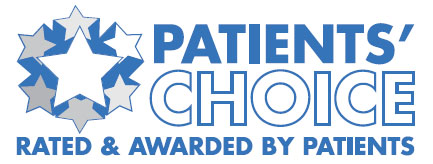Recently, Dr. Steven Shu innovatively improved his surgical techniques on vasectomy reversal by using the same principles and instruments as the no-scalpel vasectomy. One Stop Medical Center now offers No-Scalpel Reversal Procedure in its Edina surgical center.
A vasectomy reversal (vasovasostomy) is a microsurgical procedure that reconnects the vas deferens where it was interrupted by a vasectomy. A traditional approach to vasectomy reversal is to make two incisions in each side of scrotum. Over the past decade, more surgeons adopted a single incision in the middle of the scrotum. In order to further reduce the trauma, the recovery time, the operative time, and the postoperative complications, the mini incision vasectomy reversal approach is proposed. Similar to no-scalpel vasectomy, the initial mini-incision is created using a sharp penetrating forceps that spreads the tissue apart instead of cutting it with a sharp scalpel.
“We constantly improve our surgical techniques and the whole service system on vasectomy and vasectomy reversal procedures,” says Dr. Steven Shu, medical director of OSMC. “I was thinking, no scalpel vasectomy has many proven advantages over conventional vasectomy, why couldn’t we use the same principle and instruments to do vasectomy reversal?”
One Stop Medical Center in the Twin Cities has developed an affordable, minimally invasive and convenient vasectomy reversal care system. This approach eliminates these three road blocks in the men’s mind: fear of pain, cost, and time.
One Stop Medical Center also has a powerful website with a plethora of information on vasectomy reversal. All patients are required to review important vasectomy reversal information before scheduling a procedure. Dr. Shu will finalize the consultation on the same day of the surgery, so the patients do not need another trip for the consultation.




